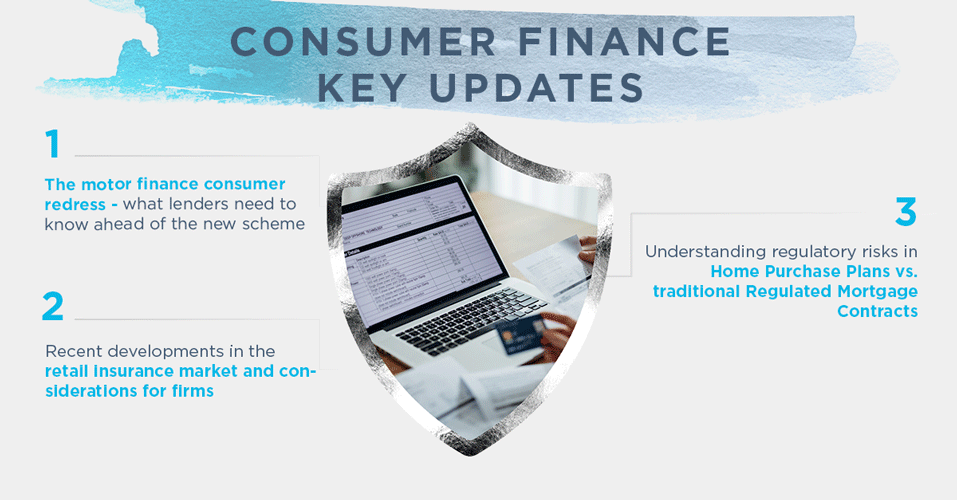1. Regulatory Scope
2. Enforceability Risks
3. Consumer Protections
4. Enforcement Challenges
HPPs:
Enforcement of HPPs presents unique challenges due to their structure, which differs significantly from traditional mortgages. In an HPP, the provider holds legal title to the property, while the customer has an equitable interest. This arrangement creates specific enforcement complexities:
1. Possession Orders
If the customer defaults, the HPP provider must obtain a possession order to evict the customer, who is considered a tenant under the lease or occupancy agreement. This process is governed by English landlord and tenant law, which provides tenants with certain statutory protections. For example:
- The HPP provider must demonstrate grounds for possession, such as "substantial arrears of rent" (defined as at least two months’ unpaid rent) or "persistent delay in paying rent."
- Even if arrears exist, the tenant can frustrate the process by settling the arrears at the last minute, potentially delaying enforcement.
2. Tenant Protections
English law provides tenants with significant protections, particularly under the Housing Act 1988. If the lease is deemed an "assured tenancy” or “assured shorthold tenancy," (note the latter is expected to be removed as a tenure in 2026 by the Renters Rights Bill which will also prevent such leases or occupancy agreements from being deemed to be assured tenancies and these will become contractual tenancies without recourse to the Housing Act 1988, albeit the occupiers will be able to seek protection under the Protection from Eviction Act 1977). Until the Renter’s Rights Bill is in force the 1988 Act will apply and the HPP provider must satisfy either mandatory or discretionary grounds for possession.
- Mandatory Grounds: If the HPP provide can establish a mandatory ground (e.g., substantial arrears), the court must grant possession. However, this is contingent on the arrears remaining unpaid at the time of the hearing.
- Discretionary Grounds: If mandatory grounds cannot be established, the HPP provider may rely on discretionary grounds, such as "persistent delay in paying rent" or "breach of tenancy obligations." However, the court has discretion to deny possession even if these grounds are proven.
3. Judicial Precedents
HPPs represent less than 1% of the UK residential mortgage market, and there is limited judicial precedent for enforcing these agreements. This lack of precedent creates uncertainty in how courts may interpret and process possession orders for HPPs. Courts may take longer to adjudicate these cases compared to conventional mortgages, where enforcement processes are well-established.
4. Conversion of Beneficial Interest
Under the Diminishing Partnership Agreement, if the customer defaults, their beneficial interest in the property is converted into a share of the sale proceeds after the HPPs share is satisfied. However, if a court were to hold that the customer retains a beneficial interest post-default, the HPP may need to apply for an order for sale under the Trusts of Land and Appointment of Trustees Act 1996. This could further delay enforcement.
5. Practical Risks
- Delays: The enforcement process may be prolonged due to tenant protections, limited judicial familiarity with HPPs, and potential legal challenges.
- Costs: Protracted enforcement proceedings may increase legal and administrative costs for the HPP provider.
- Market Conditions: Delays in enforcement may expose the HPP provider to adverse market conditions, potentially reducing the value recovered from the property sale.
RMCs
Enforcement of traditional mortgages is more straightforward due to the lender’s legal charge over the property. Key differences include:
- Repossession Orders: Lenders enforce mortgages through repossession orders, which are well-established in UK law. Courts are familiar with these processes, reducing the risk of delays or unexpected outcomes.
- No Tenant Protections: Borrowers under a mortgage do not have the same statutory protections as tenants under a lease. This simplifies the enforcement process for lenders.
- Traditional mortgages benefit from well-established legal precedents, reducing uncertainty.
5. Unfair Terms and Consumer Rights
6. Environmental and Landlord Liabilities







